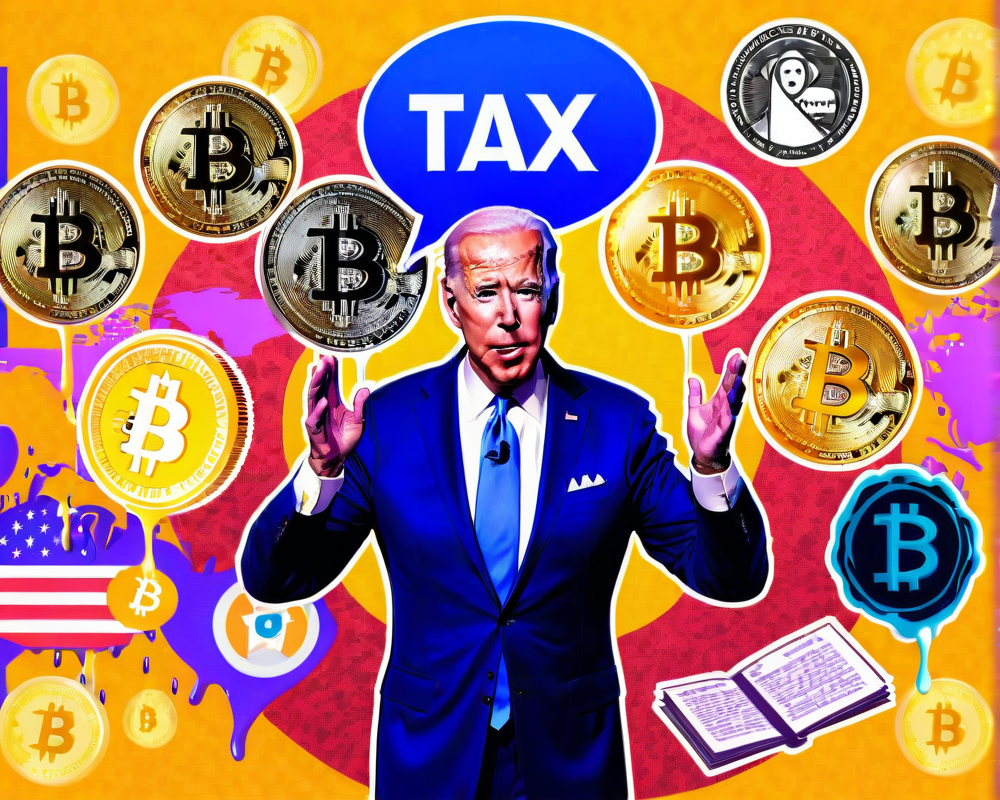Biden’s Infographic: What’s the Real Deal?
Recently, President Joe Biden took to Twitter to wave his magic wand, promising to close some mysterious “tax loopholes” for wealthy crypto investors. He claims that doing so would rake in about $18 billion. While that’s a hefty sum, the specifics remain as elusive as a cat in a room full of rocking chairs. Which loopholes? What reforms? The answers are still playing hide and seek.
The Crypto Community Strikes Back
The crypto community didn’t sit on their hands. A pseudonymous crypto researcher known as FatMan threw some cold water on the president’s claims, pointing out that the crypto market took a massive hit in 2022, losing around $1.4 trillion while corporate profits in the U.S. ballooned to $11.8 trillion. “The crypto market is both much smaller & fell heavily. We both know where the loopholes really are,” he tweeted, furthering the discussion and raising eyebrows.
Voices of Dissension
Enter Billy Markus, co-founder of Dogecoin, who also joined the fray. He directly questioned Biden about the alleged loopholes and shared his personal experience of giving the government more money than he ever made in crypto. “I took all the risk,” he noted, reminding folks that the average American user of crypto isn’t living in a mansion but is simply trying to get by.
Public Frustration: A Call for Accountability
Amongst the chatter, one community member vented frustrations about the government’s apparent animosity toward crypto, especially since Biden’s administration supposedly accepted funds from former FTX CEO Sam Bankman-Fried. Could this be a case of biting the hand that feeds you? The irony was not lost on many.
What Exactly Are These Loopholes?
As the debates continue, Reddit users have speculated that Biden might be referring to the IRS wash sale rule, which currently doesn’t apply to cryptocurrencies. This rule, which prevents investors from selling a security at a loss and then buying it back within 30 days, might be a glaring gap in crypto tax regulations. For example, in December 2022, MicroStrategy’s MacroStrategy sold a significant amount of Bitcoin with a strategy that cleverly reduces the tax bill through tax-loss harvesting.
Final Thoughts: Will Anything Change?
The conversation around these crypto tax loopholes is undoubtedly complex and ripe for debate. Until Biden clarifies his stance and specifics, we are left to ponder whether these changes will truly benefit the average American or if they are just another political ploy to shift the focus. Only time will tell, and perhaps, more tweets!




